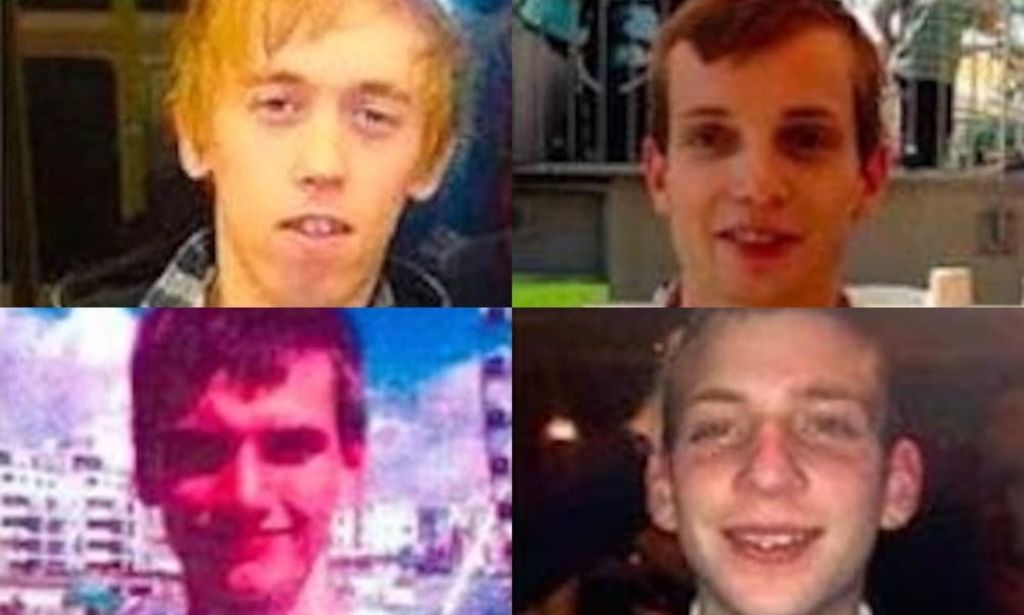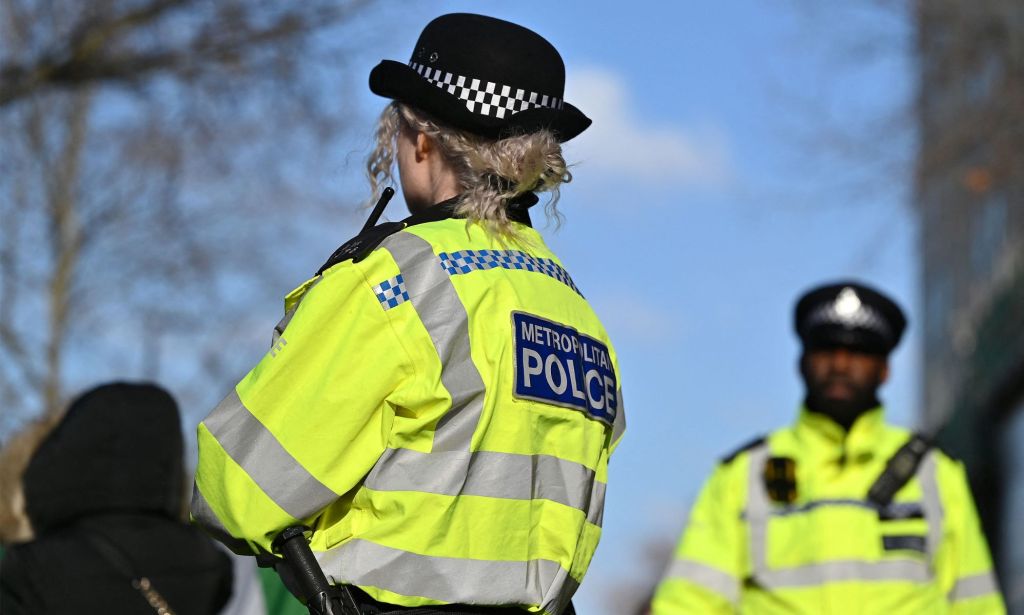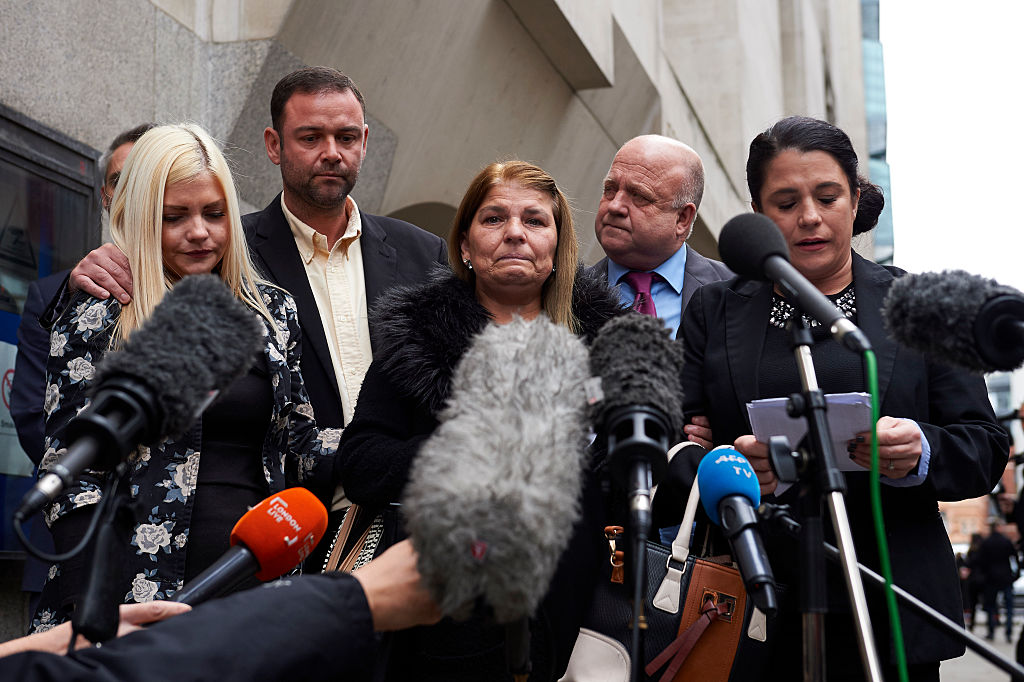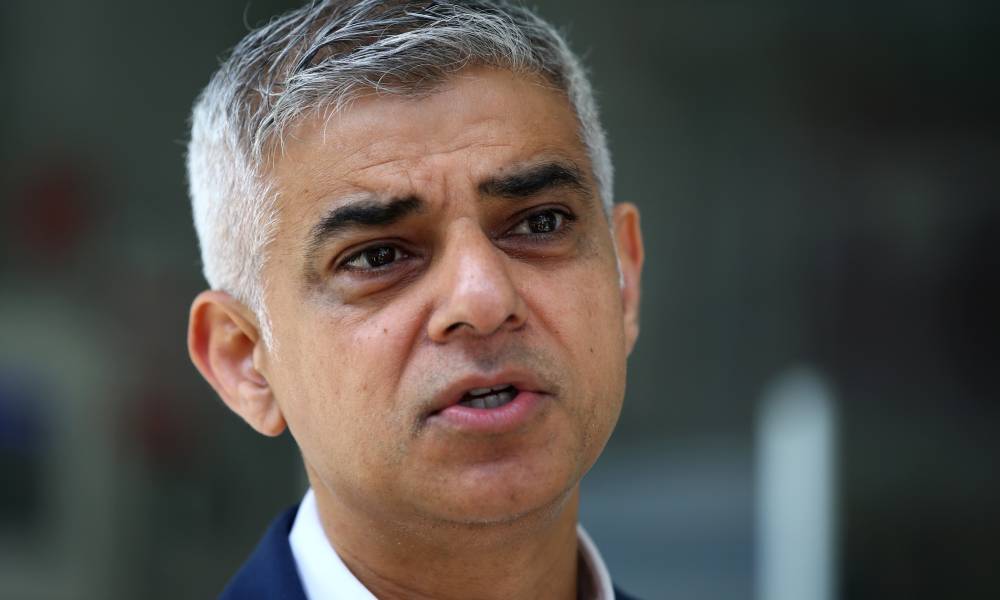Met Police failure to stop Stephen Port murders could happen again, damning new report says

Stephen Port killed four young gay men between June 2014 and September 2015.(Metropolitan Police)
Metropolitan Police failings that allowed Stephen Port to murder four young gay men in London while avoiding detection could happen again, a damning new report has found.
An independent inspection by His Majesty’s Inspectorate of Constabulary and Fire & Rescue Services (HMICFRS) commissioned by the mayor of London, Sadiq Khan, has established that eight years after a “calamitous litany of failures” stopped police from apprehending Stephen Port earlier, the Met Police has failed to make the changes required to prevent a similar string of killings in the future.
Between 2014 and 2015, Port sexually assaulted and murdered four young men in their 20s – Anthony Walgate, Gabriel Kovari, Daniel Whitworth and Jack Taylor – at his flat in Barking, east London, after meeting them online and drugging them with the date rape drug GHB.
Despite similarities in the deaths, which included all four victims being found in or nearby the same churchyard with their mobile phone missing and a small bottle, police failed to recognise that they were connected – despite some of the same officers being present at more than one scene.

The 139-page report by HMICFRS pointed to a catalogue of procedural problems with the Met’s handling of unexpected deaths that meant the cases were not properly investigated and chances to identify and arrest Port before he could kill again were missed.
These failings included a lack of training, “poor” oversight of junior officers, “unacceptable” record keeping, “inadequate” intelligence and crime analysis processes and “confusing” policies and guidance.
In a dismal assessment of the Met’s capabilities, Met Police officers admitted to inspectors that identifying links between deaths at a local level was often simply a matter of “luck”.
A scathing foreward to the report written by His Majesty’s Inspector of Constabulary Matt Parr warned that a case such as Port’s could happen again, stating: “History and the findings of this inspection tell us that they will.”
The report made 20 recommendations for the Met to implement within six months and 12 months, which include increasing the use of intelligence by officers responding to deaths and improving how it liaises with families in unexpected death cases.
Parr criticised the fact that despite some changes being made after Port’s arrest, it took a coroner’s inquest and subsequent inspection by the HMICFRS “to spur the Met into action”.

“Nearly eight years after Stephen Port murdered his last victim, the Met has still not learned enough from the calamitous litany of failures in that case,” said Parr. “My thoughts remain with the family and friends of Port’s four victims.”
He added: “Our inspection has shown that history could repeat itself. That is why the Met must learn from its mistakes and act now on our recommendations, to keep all Londoners safe.”
Just weeks after an independent review by Baroness Casey found that the Met was institutionally homophobic, racist, and misogynistic, Parr noted that it was “impossible” to reach a definitive conclusion as to whether homophobia played a part in the Met’s failure to properly investigate the killings of Port’s victims.
However, the report did highlight concerns with junior officers’ understanding of how protected characteristics such as race or sexuality might impact an investigation, and recommended that all officers and staff in operational roles receive online refresher training on the Met’s approach to hate crime.
It also recommended that the Metropolitan Police Service lead for investigations should ensure that all protected characteristics are recorded and considered as part of any investigation into a reported death.
A 2021 inquest ruled out homophobia from officers as a contributing factor in the deaths of Port’s victims. A fresh investigation by Britain’s police watchdog, the Independent Office for Police Conduct (IOPC), into officers’ handling of the case was announced in June 2022 and is yet to be published.

Responding to the HMICFRS report’s findings, Met Police assistant commissioner Louisa Rolfe said that the force was “sincerely sorry” for failing Stephen Port’s victims and their families. She added that the organisation would “fully consider the recommendations” and “ensure these are not just fully addressed but embedded into our working practices”.
“We are sincere in our desire to make real change to minimise the chance of a case like this ever happening again,” Rolfe said in a statement.
Solicitor Neil Hudgell, who represents the families of Port’s victims, has renewed his own call for a public inquiry into the case and urged the government to “step in” and oversee proper reform of the Met Police.
“Each and every time a new inspection or investigation is carried out into the Met Police more quite horrifying shortcomings and failures are identified,” said Mr Hudgell in a statement.
“It has become abundantly clear that this force cannot be trusted to make changes and improvements itself and the government must step in and oversee proper change across this force.

“If that doesn’t happen, more serious offenders will slip through the net, and more innocent lives will be lost due to the most basic of policing failures.”
In a separate statement, Jack Taylor’s sisters Donna and Jenny Taylor, who repeatedly flagged doubts about the nature of Jacks’ death to officers before it was officially recognised as murder, said the report’s conclusion that the Met could still make similar mistakes in 2023 was “simply appalling”.
Admitting that they “once again” felt “badly let down” by the force, the sisters said: “The reality is that if police had investigated things properly, Jack could still be here with us today.”
The mayor of London, Sadiq Khan, paid tribute Anthony Walgate, Gabriel Kovari, Daniel Whitworth, Jack Taylor in a statement and said the Met must tackle both institutional homophobia and procedural problems if LGBTQ+ communities are to have their faith in the force restored.

“We must confront the institutional homophobia baroness Casey’s review found in the Met and the operational failures in the force which today’s report have laid bare”, said Khan. “Every Londoner – irrespective of sexuality, gender or race – has the right to have their allegations of crime taken seriously by police and the Met must ensure the quality of their initial investigations is of a higher standard.
“Never again should the integrity of a case be compromised by the victim’s circumstances or background. This is absolutely vital to rebuilding the confidence of London’s LGBTQI+ community in our police.”
Port was handed a life sentence in 2016 after being found guilty of multiple counts of sexual assault and murder. He received a whole life order, meaning he will never be released from prison.

